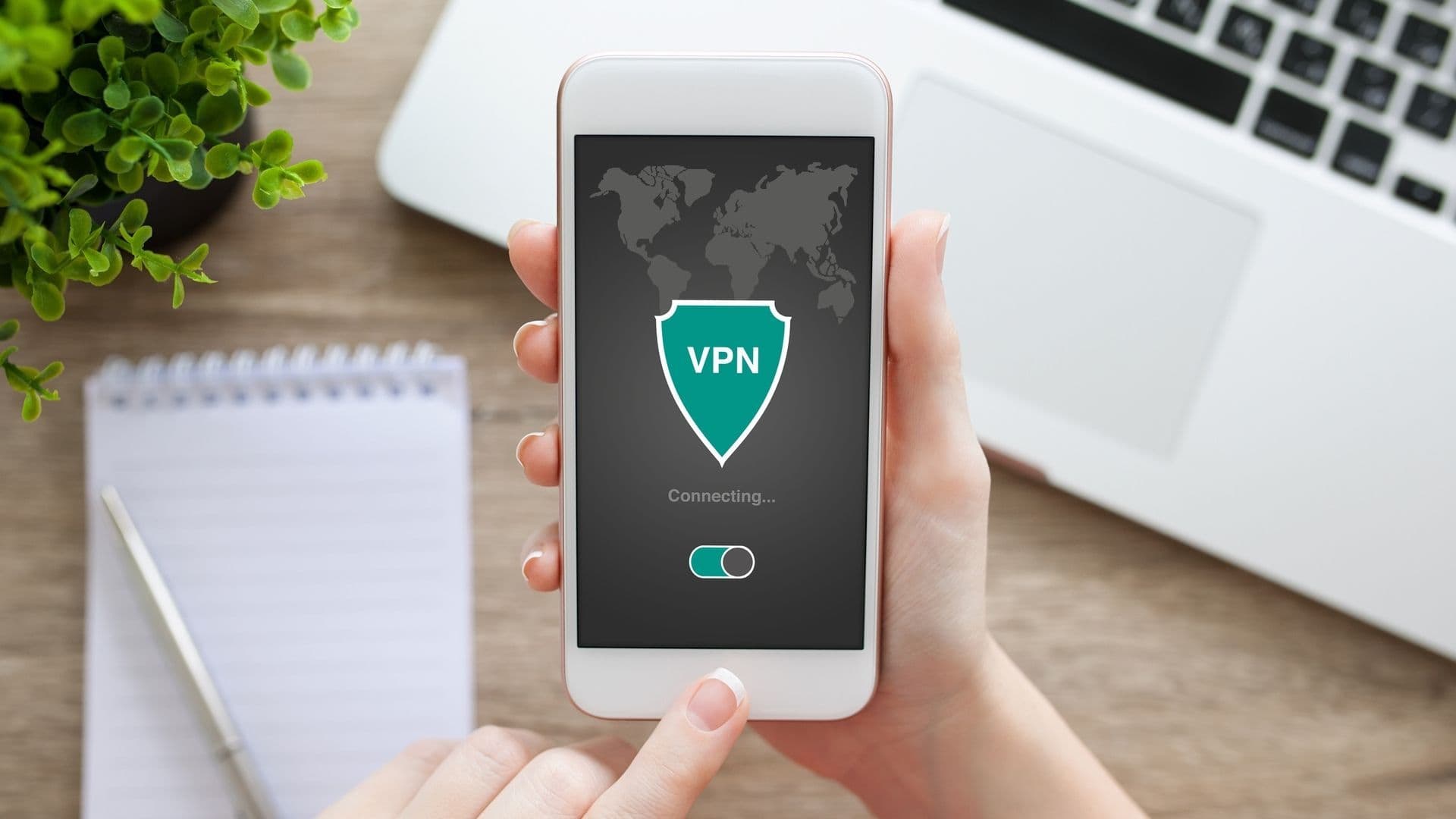Home>Software and Apps>Does VPN Work On Data


Software and Apps
Does VPN Work On Data
Modified: September 5, 2024
Learn how VPN software and apps work on data and how they can protect your online activities. Find out if VPNs are effective for securing your data.
(Many of the links in this article redirect to a specific reviewed product. Your purchase of these products through affiliate links helps to generate commission for Techsplurge.com, at no extra cost. Learn more)
Table of Contents
What is a VPN?
A VPN creates a secure, encrypted connection between your device and a VPN server. This connection masks your IP address, making it appear as though you are accessing the internet from a different location. Individuals and organizations commonly use VPNs to protect their data from unauthorized access, especially when using public Wi-Fi networks or accessing sensitive information online.
How Does a VPN Work?
Connection Establishment
When you connect to a VPN, your device establishes a secure connection with the VPN server. This connection is typically encrypted using protocols such as OpenVPN, L2TP/IPSec, or PPTP.
Encryption
Once connected, all your internet traffic is encrypted. This means any data you send or receive is scrambled and unreadable to anyone intercepting it.
Routing
The encrypted data is then routed through the VPN server. The VPN server acts as an intermediary between your device and the internet, ensuring your data is not exposed to third parties.
Decryption
When the encrypted data reaches its destination, it is decrypted by the recipient’s device or server.
Types of VPNs
Consumer VPNs
These are the most common type of VPN and are designed for individual use. They are often subscription-based and provide a wide range of features such as multiple server locations, kill switches, and split tunneling.
Business VPNs
Designed for organizations, these offer more advanced features such as multi-factor authentication, content filtering, and centralized management.
Free VPNs
While free VPNs may seem appealing, they often come with significant limitations such as data caps, slower speeds, and limited server options.
Tor VPNs
These combine the anonymity of the Tor network with the encryption of a VPN. However, Tor VPNs can be slower due to the additional layer of encryption and routing.
Effectiveness of VPNs
Man-in-the-Middle (MitM) Attacks
By encrypting your data, VPNs prevent hackers from intercepting and reading your communications.
Public Wi-Fi Security
Public Wi-Fi networks are often unsecured, making it easy for hackers to intercept your data. A VPN ensures that even when using public Wi-Fi, your data remains encrypted and secure.
ISP Surveillance
Internet Service Providers (ISPs) can sometimes monitor and throttle internet traffic. A VPN helps to mask your IP address and prevent ISPs from tracking your online activities.
Government Surveillance
In some countries, governments may monitor internet traffic. A VPN can help protect against such surveillance by encrypting your data and masking your IP address.
Potential Vulnerabilities
Weak Encryption
If the encryption protocol used by the VPN is weak, it can be easily cracked by sophisticated hackers.
Server Vulnerabilities
If the VPN server itself is compromised, all data passing through it could be at risk.
User Error
Users may inadvertently expose their data by not using the VPN correctly or by using it with unsecured applications.
Log Keeping
Some VPNs may keep logs of user activities, which could potentially be accessed by authorities or hackers if the VPN's security is compromised.
Choosing the Right VPN
Encryption Protocols
Look for VPNs that use robust encryption protocols like AES-256-GCM.
Server Locations
Ensure the VPN has servers in multiple locations to provide better connectivity and anonymity.
No-Logs Policy
Opt for VPNs that have a strict no-logs policy to minimize the risk of data exposure.
Speed and Performance
While security is paramount, speed and performance are also crucial. Look for VPNs that offer fast speeds without compromising security.
Customer Support
Good customer support is essential in case you encounter any issues with the VPN.
Reviews and Ratings
Check reviews from reputable sources to gauge the effectiveness and reliability of the VPN.
Additional Considerations
Data Protection Laws
Understanding data protection laws such as GDPR in Europe or CCPA in California can help you navigate the complexities of data privacy.
Browser Extensions
Some browser extensions offer additional security features like ad blockers or password managers that can complement the use of a VPN.
Device Security
Ensuring that your device is secure with up-to-date operating systems and antivirus software is also crucial for overall data protection.
Regular Updates
Regularly updating your VPN software and apps can help patch any vulnerabilities and ensure continued security.
Multi-Layered Approach
Using a multi-layered approach to security, including firewalls, antivirus software, and regular backups, can provide an added layer of protection against data breaches.
By combining these strategies with the use of a reliable VPN, you can significantly enhance your online security and protect your data from various threats.

